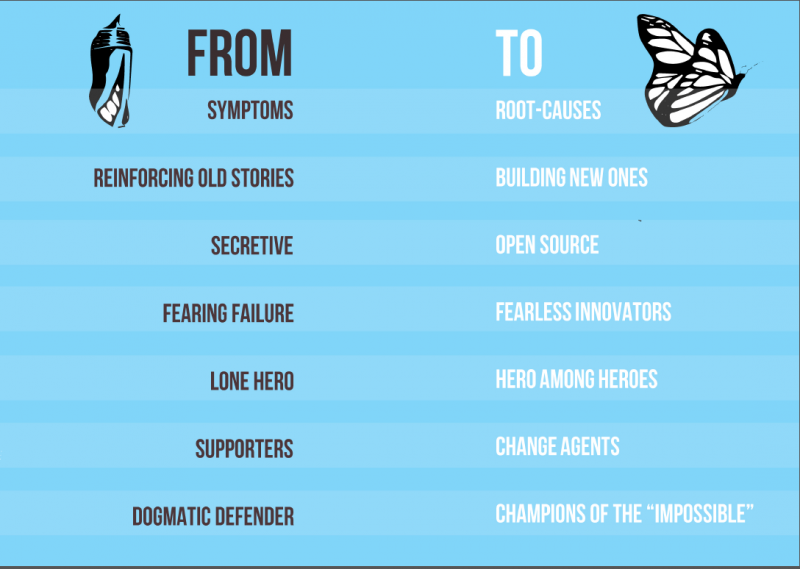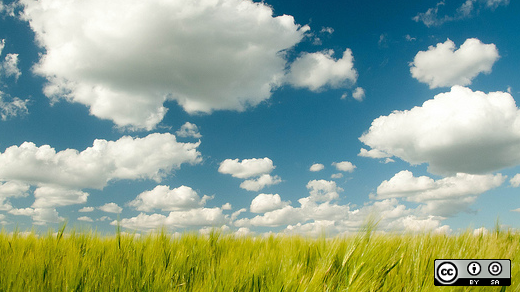If you've been following Opensource.com and the Open Organization Ambassadors there, then you'll know that I've been working to help Greenpeace internalize the principles of an open ethos. But to do this, we've had to distill this ethos into a few concrete principles, actionable items the organization can more easily grasp. On its journey to becoming an open organization, Greenpeace has set seven cultural "waypoints," some guideposts for its transition to an open organization. In this article, I'd like to explain them.
Combating perceptions
When I first thought about working with Greenpeace—the organization that led the campaign to have Antarctica designated as a protected world park—I pretty much thought of it as "a bunch of hippies who tie themselves to stuff." Greenpeace has earned a particular kind of reputation as a group of people who protest deforestation by tying themselves to trees, or climbing an oil rig to draw attention to the damage the fossil fuel industry is doing to the planet.
But their story is much more complicated than their reputation. Through courage—the courage to act, the courage to remain defiant, the courage to believe that the actions of activists and volunteers would draw attention to pressing environmental issues—Greenpeace has become the world's largest environmental non-profit. We believe a better world is possible, and that brave individuals and collective actions can make that world a reality.
Inside Greenpeace, people are looking at the types of myths that surround us every day—myths like "We can buy our way to happiness," "More bombs and bullets will make us safer," "Someone else will figure it out," and, of course, "Technology [alone] will save us." You see, many of the collective stories that people use to make sense of the world are not conducive to creating a brighter future for humankind nor our beautiful planet.
Dominant cultural "myths" often misdirect our attention and intention away from important matters, promote fear-based thinking, apathy and indifference, and work to maintain the status quo by presenting alternatives (and alternative thinkers) as either hopeless, misguided or downright dangerous.
Shift happens
And then there are internal myths that govern organizational cultures. For example, how many times have we been told that "open won't work" inside Fortune 500 companies? The open source community has proven that it can and does work, yet we still hear this myth.
Changing myths like these amount to changing humanity's operating system. Changing these stories will determine whether and how we might nurture the conditions in which meaningful, transformational, and systemic change can occur.
Changing these stories will determine whether we win or lose in the battle for our planet.
And so Greenpeace has taken a hard look at the dominant stories that surround us. The 7 Shifts are a set of stars Greenpeacers are beginning to use to guide their own presence in the world:

Image CC-BY-NC-SA Story Team, Greenpeace International
Here is an explanation of each shift, why it matters not only to Greenpeace, but to all of us:
The Story Team created the 7 Shifts through collaboration with external and internal troublemakers. They continue to be a work in progress at Greenpeace. If you would like to share your appreciation for the illustrations then please direct your love bombs to Iris Maertens.
Want to talk about these myths and stories with passionate people at Greenpeace? Come join one of our brand new community calls.






2 Comments